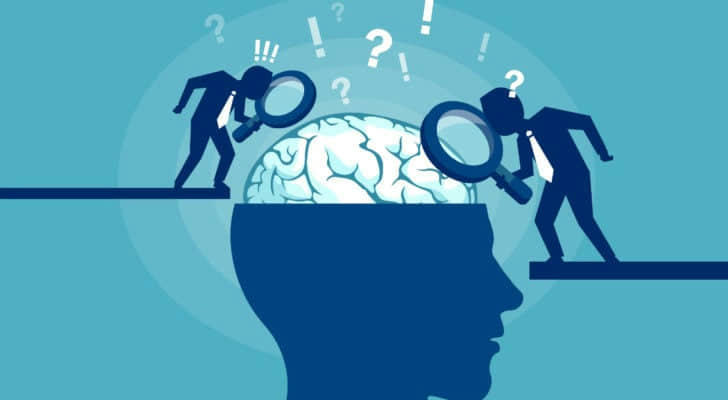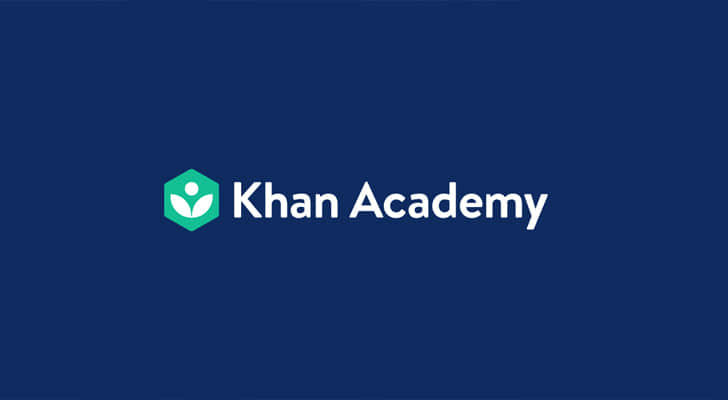Introduction to Psychology: The Key to Understanding Human Behavior

Human behavior is one of the most fascinating yet complex aspects of life. Why do people react the way they do? What drives our decisions, shapes our relationships, or even influences our emotional responses? These are the kinds of questions that psychology seeks to answer. As a scientific discipline, psychology delves into the intricate workings of the human mind, offering insights into how we think, feel, and act in different situations. By gaining a deeper understanding of psychology, we not only enhance our self-awareness but also improve our ability to navigate the complexities of human interactions, manage our emotions, and respond to life’s challenges.
For those who are curious about the factors that shape human behavior, psychology offers the tools to unlock this knowledge. Whether you’re dealing with personal struggles, seeking to improve your relationships, or simply eager to better understand the world around you, psychology holds the key to uncovering the mysteries of human nature. This article explores real-life examples of how psychology impacts everyday life and provides practical solutions, as well as guiding you on how to access online psychology courses that can help you develop these critical skills.
Real-Life Applications of Psychology
Case 1: Communication Barriers in the Workplace
Mr. Li often experienced misunderstandings with his colleagues at work. His direct communication style unintentionally offended others, leading to strained relationships. Although he meant no harm, the tensions left him frustrated. By learning about Cognitive Behavioral Theory, he realized that his communication style triggered different emotional responses in his colleagues, based on their unique thought patterns. With the guidance of a psychological counselor, Mr. Li developed better emotional management skills and adopted non-violent communication techniques, gradually improving his relationships at work.
Solution:
● Cognitive Restructuring: By analyzing his thought patterns, Mr. Li learned to put himself in others' shoes and understand their feelings.
● Communication Training: He practiced softer communication techniques, reducing conflicts and enhancing empathy.
Case 2: Emotional Management in Family Life
Ms. Zhang, a single mother, felt overwhelmed by both work pressures and her teenage child's rebellious behavior. Her anxiety led to sleep problems, and she felt constantly on edge. Through a psychology course, she learned emotional management techniques like deep breathing and mindfulness meditation. She also gained a better understanding of her child’s behavior as a normal part of adolescence. By improving communication with her son, Ms. Zhang was able to resolve their conflicts and strengthen their bond.
Solution:
● Emotional Regulation: Ms. Zhang used mindfulness and deep breathing techniques to manage her anxiety.
● Active Listening: She started listening more openly to her child’s thoughts and understood his developmental needs better.

How Psychology Courses Can Help
Psychology not only helps us understand real-life problems but also offers practical tools and techniques to address them. An introductory course in psychology can help you:
1. Analyze Behavior Patterns: Understand why certain emotional responses arise or why others behave in specific ways.
2. Learn Mental Health Management Skills: Master techniques like Cognitive Behavioral Therapy (CBT) and mindfulness to better manage stress and emotions.
3. Improve Communication and Interpersonal Skills: Learn how to interact effectively with others through social psychology principles.
Where to Find Online Psychology Courses
In today’s digital age, gaining knowledge in psychology is easier than ever. Whether you’re a beginner or looking to dive deeper into a specific area, here are some reliable online platforms to consider:
1. Coursera
○ Offers a variety of psychology courses, including "Positive Psychology," "Introduction to Cognitive Behavioral Therapy," and "Foundations of Social Psychology," taught by renowned professors from top universities. Both free and paid options are available.
○ edX
○ Provides psychology courses from top institutions like MIT and Harvard, covering everything from introductory psychology to advanced research methods.
○ Udemy
○ Udemy offers courses that cover everything from emotional management to mental health, with affordable pricing and frequent discounts.
○ FutureLearn
○ A UK-based platform offering professional courses in psychology, with a focus on mental health, emotional regulation, and cognitive behavior.
○ Khan Academy
○ A free resource providing comprehensive psychology courses, ideal for beginners seeking easy-to-understand content.

How to Choose the Right Course
● Area of Interest: If you're interested in interpersonal relationships, a social psychology course might be the best fit. If you’re looking to improve emotional self-regulation, consider learning about Cognitive Behavioral Therapy (CBT) or positive psychology.
● Course Depth: Beginners can start with introductory courses, while those with a background in psychology may want to explore more specialized topics.
● Time Commitment: Choose a course that fits your schedule. Some offer flexible timelines, while others follow a set schedule.
Conclusion
Psychology isn’t just an academic subject—it’s a powerful tool for understanding human behavior and addressing life’s challenges. By learning from real-life cases and solutions, you can apply psychological insights to your everyday life, improving self-awareness, relationships, and mental health. You can start your journey today by enrolling in a quality online psychology course and explore the fascinating world of human behavior.
